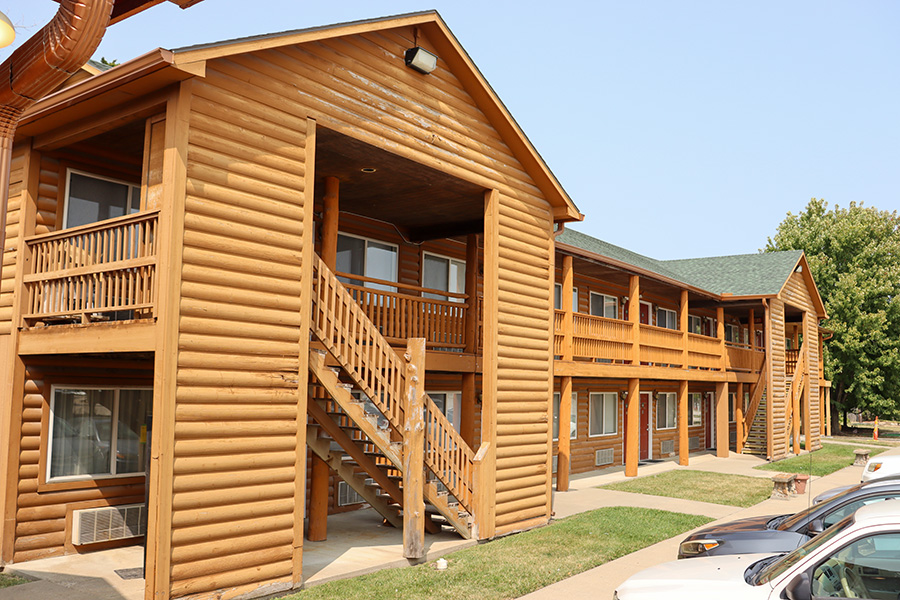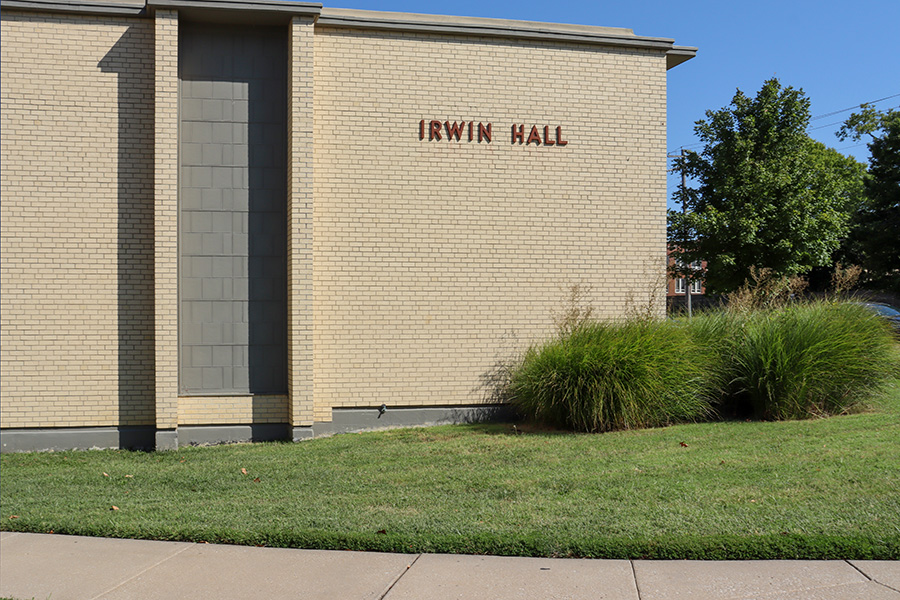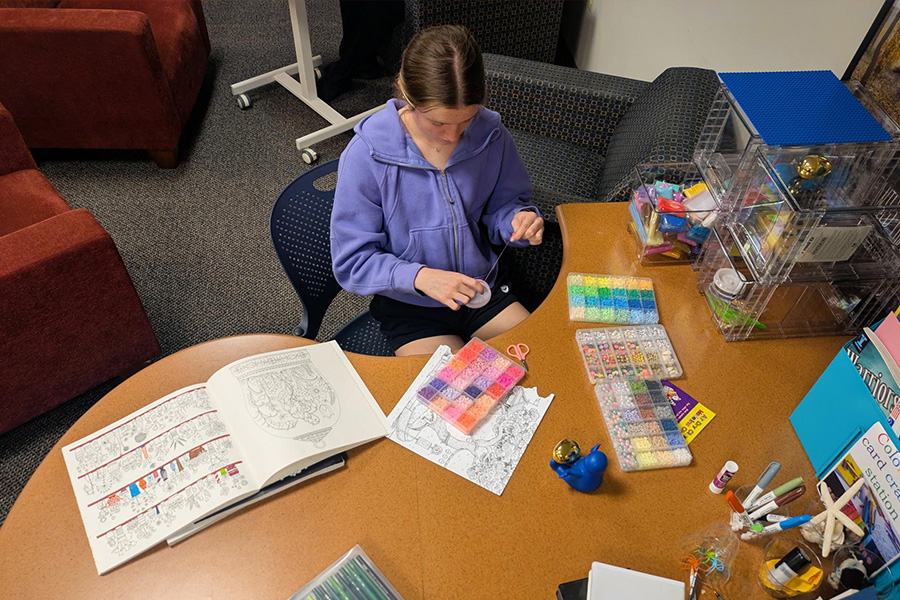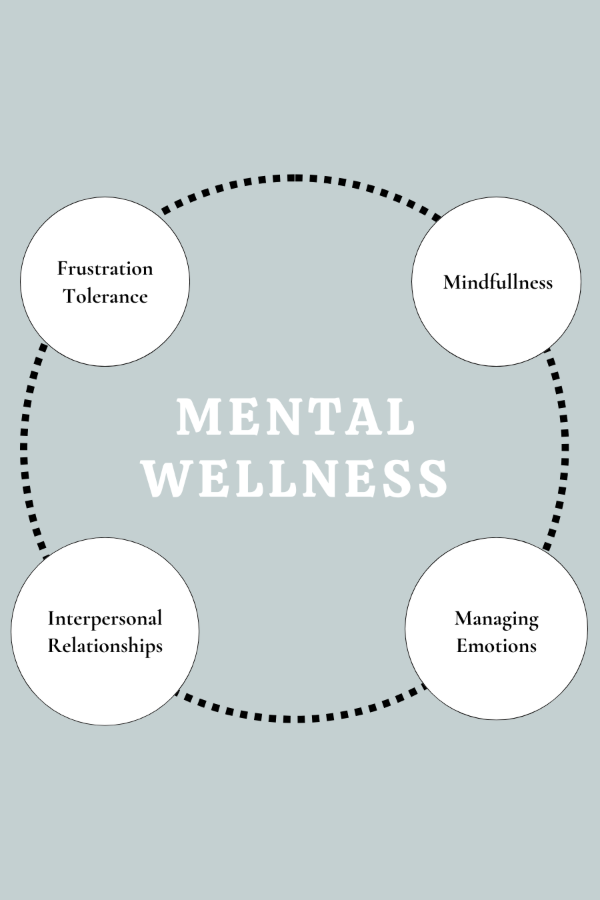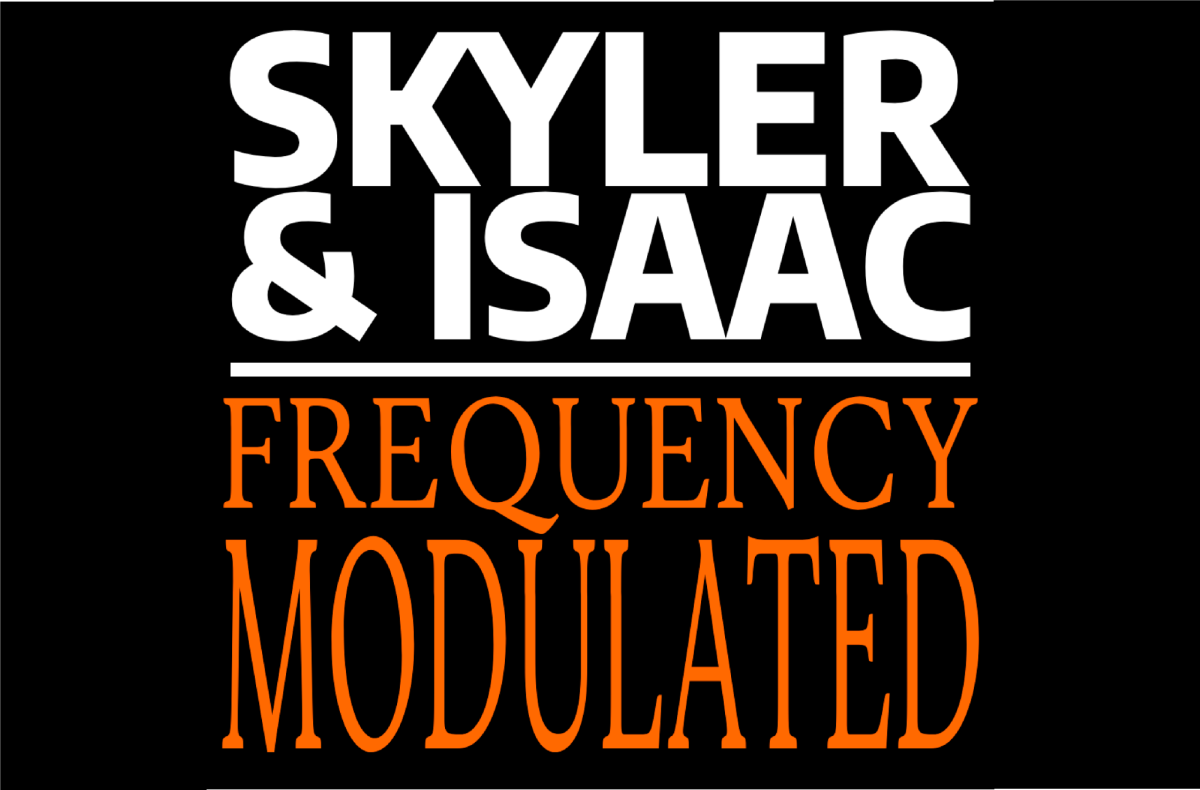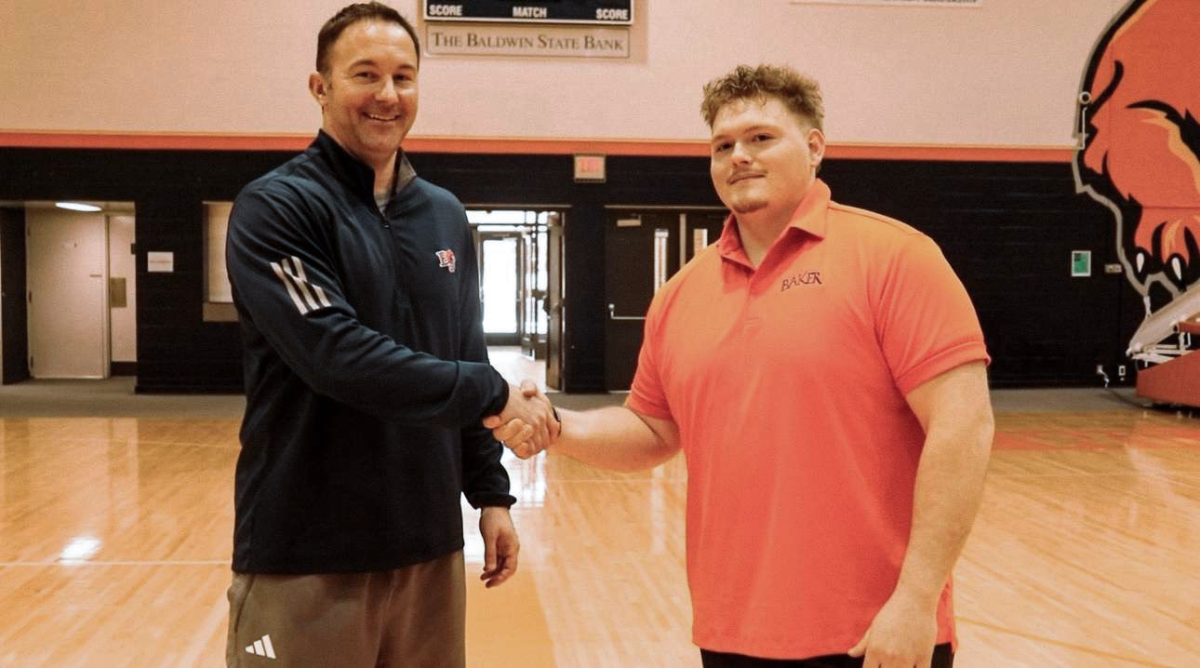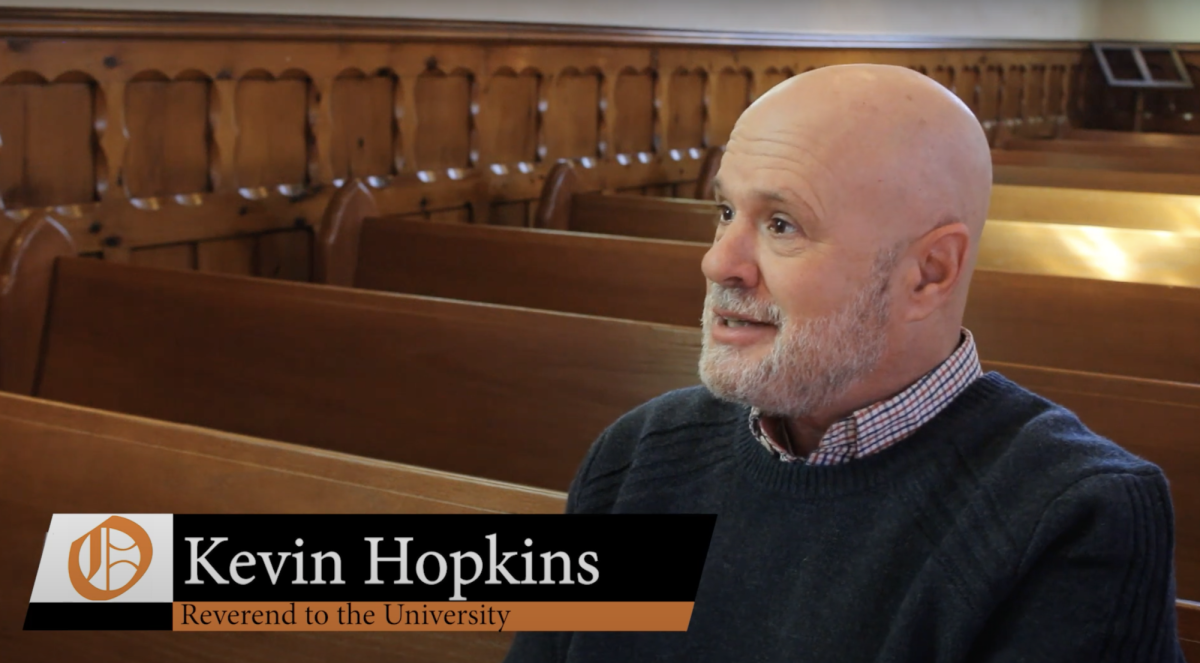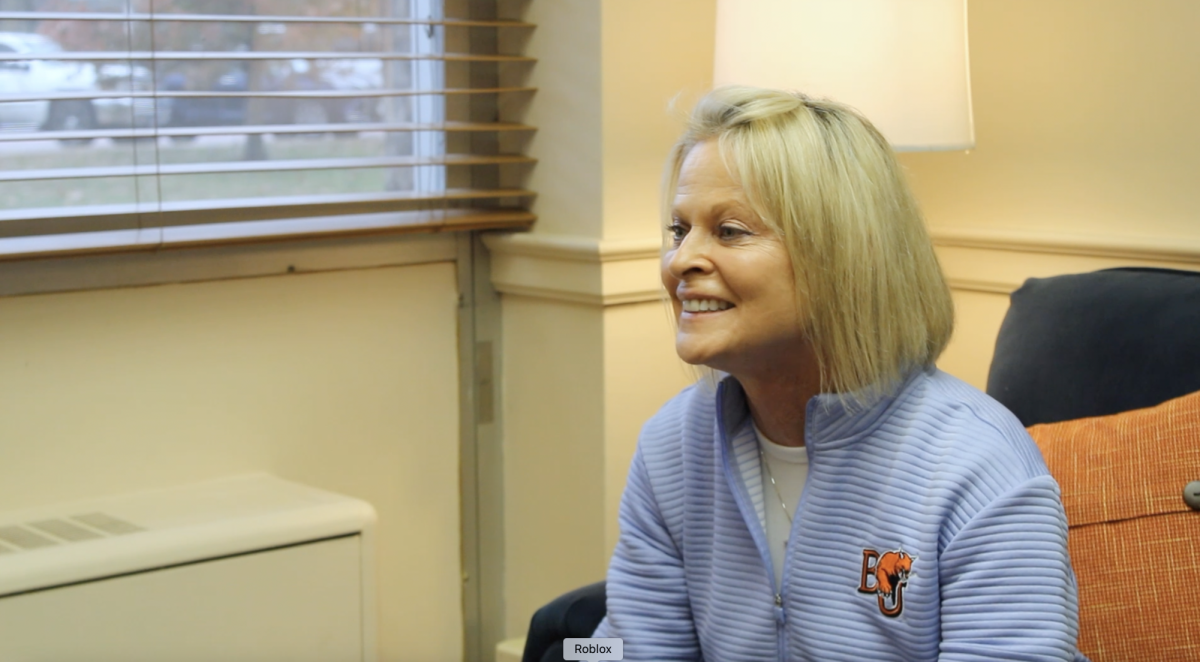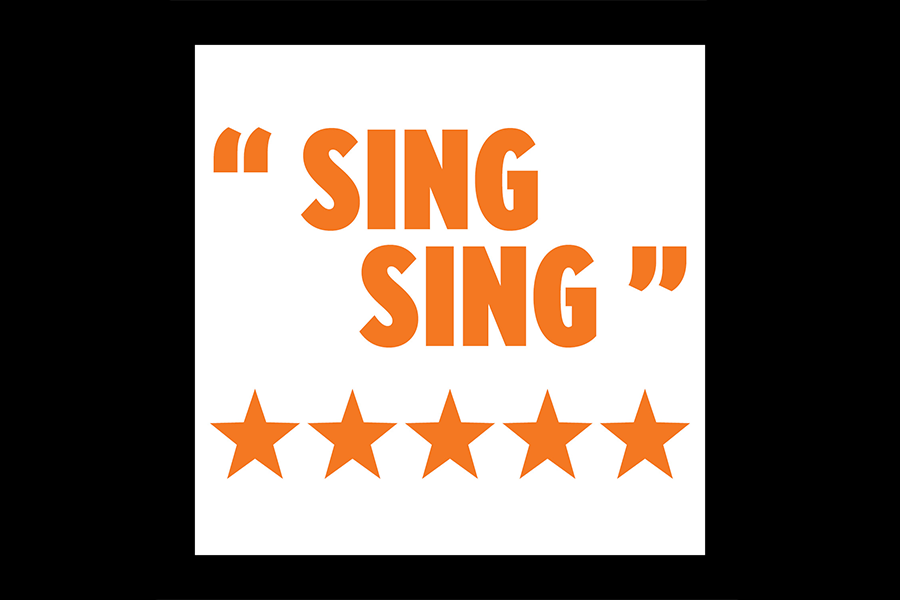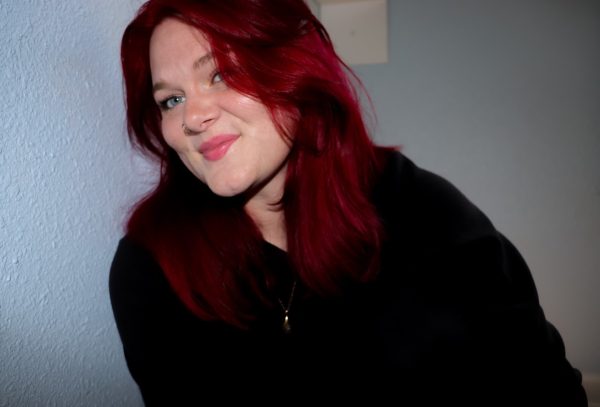Correction: an earlier version of this story included a quote that was incorrect in the context.
The spring 2024 semester ended on a high note for Baker University as it acquired Baldwin City’s local staple, the Lodge Motel, to use as student housing. Just three months after the university purchased the Lodge students began to raise concerns about health and air quality issues after black mold was found in at least two dorms on move-in day.
While many students and Baldwin locals had questions and concerns about the logistics of the newest residential hall, the first semester seems to be starting on a good note for the 32 Lodge residents.
Junior Audrey Valdez and her roommate chose to move to the Lodge after the initial announcement went out in March.
“We toured the Lodge, in a sense, last year during their pop-up sale,” Valdez said. “One room we saw had carpet and the other had hardwood and we didn’t know if it would be all hardwood or carpet when we moved in.”
Valdez described the rooms before renovation as a “classic motel” look with red walls, small closets and minimal living space. After moving in early along with other athletes, Valdez and her roommate discovered that the carpet had been replaced with hardwood, the walls were painted white and the closet walls had been knocked down to create more livable space for two people.
“There is actually lot more room than we all thought there would be,” Valdez explained. “We have a couch, a cute little coffee table and a rug. So we have our own little living room area.”
Each room in the Lodge has brand-new furniture, including mattresses that some had delivered as they moved in. Since the closets were torn out to create more space, the university provides each student with their own armoire and desk for storage. Other amenities offered to students living at the Lodge include shared laundry facilities and the mini golf course, which is open to all students provided they bring their own equipment.
As far as the adjacent R.V. lot, the university does not have a plan in place for its use. “Several opportunities and ideas are being considered for the R.V. lot,” Assistant Dean of Students Nick Goodman said. “The university is continuing to evaluate the best options for the future.”
While the purchase of the Lodge seems to be a good move toward the university’s growth, parents and students have raised some concerns about growth in other residential buildings on campus. Residents of both Gessner and Irwin Halls have expressed frustration with the mold situation while representatives of the university say independent experts are “actively engaged” in the remediation process.
“Some specific common areas have been found to have mold growth,” Goodman said when asked what areas of campus mold has been found. “No resident rooms are reported to be affected.”
According to MoldU.org, over 265 cases of mold growth have been reported on college campuses across the United States in the last five years. Baker University now appears on the organization’s interactive map designed to inform the public of reported instances of mold growth on college campuses.
Mold usually grows in environments that are damp and under or improperly ventilated. This makes sense in both Irwin and Gessner’s basements, where the problem is most prominent, as multiple students described the atmosphere as humid with multiple spots having stagnant or dripping water.
“I have seen mold spots in the laundry room, but I am not concerned at all,” Gessner resident and freshman Peri Schmidt said. “My room tends to stay pretty wet but we have a dehumidifier going all the time.”
While different types of mold can affect people differently, the symptoms of mold exposure consist of but are not limited to chronic fatigue, mood swings, muscle and joint pain, headaches, tender lymph nodes in the neck or armpits, sore throat, allergies and respiratory issues. The Centers for Disease Control (CDC) emphasized the fact that improper remediation of mold can lead to increased health concerns.
According to Goodman, just two students have accepted the offer for temporary housing while independent experts assess the situation. One student, a human biology major and Gessner resident expressed that she began feeling sick soon after moving into her room. Her symptoms, which she says she is still experiencing even after moving to the New Living Center (NLC), consist of sneezing, coughing, nasal congestion, and postnatal drip.
“Independent experts are actively engaged in the process and their comprehensive testing, including air samples, are currently in progress,” Goodman said. “Their test results will drive the plan of action going forward.”
Baker University created a Moodle page specifically designed to inform affected students about what is going on with the mold situation, update them on any test results and offer students temporary housing if they feel unsafe in their initial rooms. The page features educational materials on various types of mold and the effects it may have on people.
Officials for the university encourage students to thoroughly clean any signs of mold immediately.
The presence of mold in campus housing has some students questioning where their tuition dollars are going if not to the maintenance of the buildings students live in half of the year or more.
“This just looks bad on the university,” an Irwin resident said. “I’ve seen tuition increased three times since I have been here. Where exactly is that going? What is happening with our money?”
Many students are just hoping the university takes the time to fix the root of the problem rather than “placing another bandaid” over it.
At the time of publishing, no instances of mold growth have been reported in the New Living Center or the Horn & Markham apartments.


